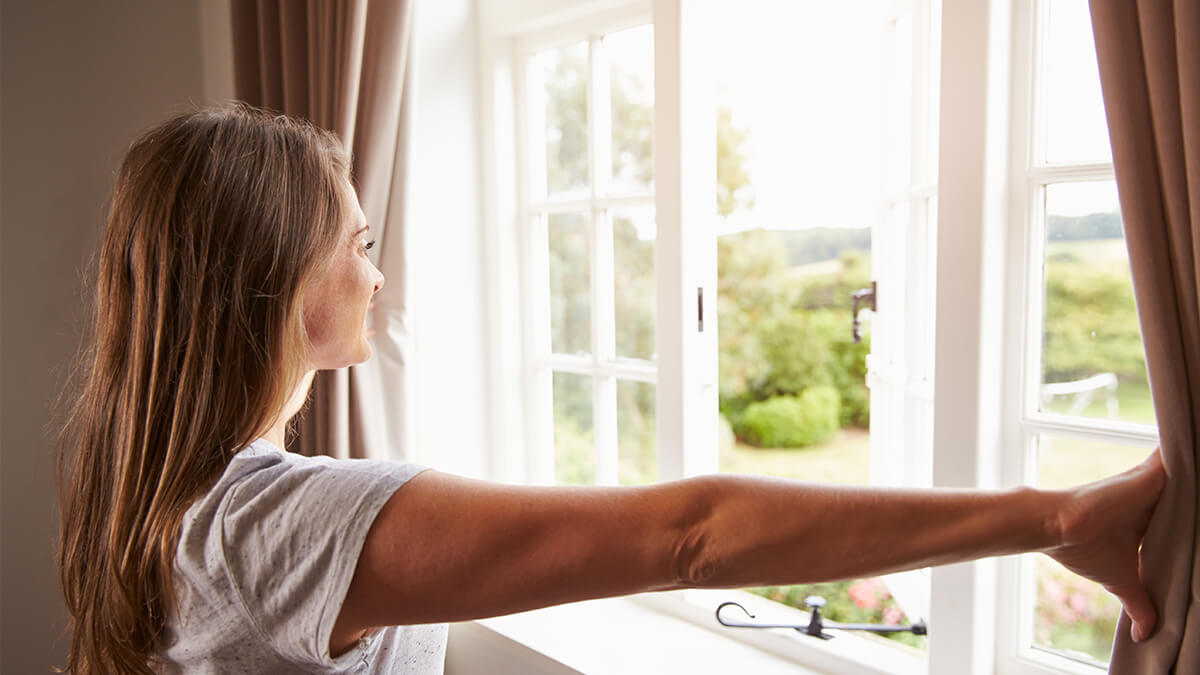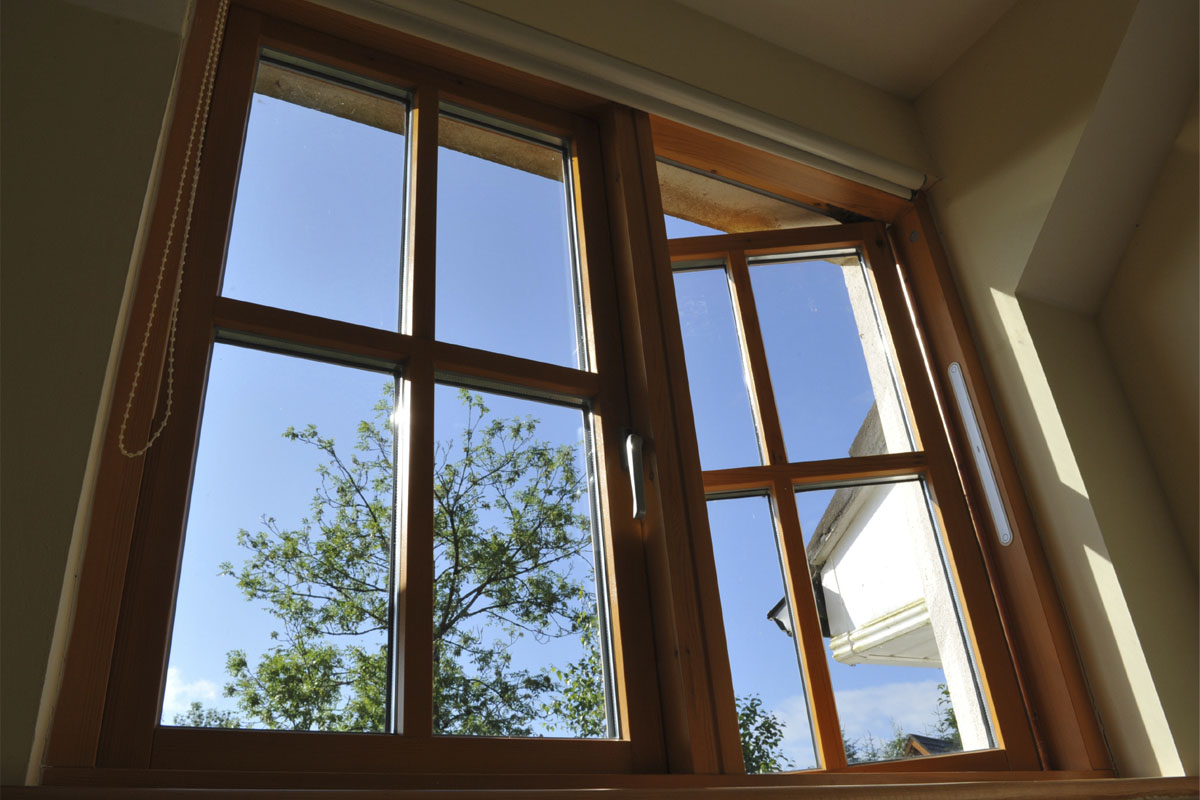
When it comes to choosing the best window materials for your home, there are many factors to consider. From style and aesthetics to durability and energy efficiency, making an informed decision can be a daunting task. However, understanding the various window materials available is key in selecting the perfect windows for your home.
In this article, we will take a comprehensive look at all of the different types of window materials on offer so that you can make an educated decision about what works best for you.
Advantages and Disadvantages of Different Window Materials

Source: homeonline.com
When it comes to selecting window materials, some several advantages and disadvantages should be taken into consideration. Each material has its unique properties and characteristics, so it’s important to understand which type of glass or material will best suit your needs.
The most common window materials in use today include aluminum window frames, vinyl frames, composite frames, wood-clad frames, fiberglass-framed windows, and low emissivity (low-E) glazing.
Aluminum is one of the least expensive options available but does not offer much insulation due to its conductivity; this means that any energy savings achieved with these types of windows are minimal.
On the other hand, vinyl frame windows can provide good insulation performance as well as being an economical choice for many homeowners. Composite frames are made from a combination of plastic and wood components providing strength and durability while also allowing for some flexibility in design.
Wood-clad windows combine the beauty of natural wood on the interior with durable exterior cladding or coating such as aluminum or fiberglass for added protection against weathering over time.
Fiberglass framed windows have excellent thermal efficiency due to their insulating properties while also offering very strong structural integrity; they tend to be more costly than other window materials, however.
Finally, low emissivity glazing offers superior energy efficiency by reflecting heat inside during winter months while keeping warm air out during summer months thus saving money on heating costs all year round!
Factors to Consider When Choosing a Window Material

Source: pioneerwindowanddoor.com
When selecting a window material for your home, there are many factors to consider. First and foremost is the style of the window – will it fit with the overall aesthetic of your home or does it clash? Will it provide adequate insulation against cold temperatures in winter and hot temperatures in summer?
Does its energy efficiency rating meet or exceed local building codes? Next, you should take into account how often you need to clean and maintain the windows; some materials may require more frequent cleaning than others. Additionally, do you prefer traditional wooden frames or something that requires less upkeep such as PVC-U?
Lastly, cost factor – what type of material offers good value within your budget while still providing a quality product? Taking all these considerations into account should help ensure that you make an informed decision when choosing a window material for your home.
Maintenance Requirements for Various Window Materials
When it comes to the maintenance requirements of various window materials, there are a few key points to consider. One important factor is the durability of the material – some materials require more frequent maintenance than others. For instance, wood windows need regular painting or staining to protect them from moisture damage and rot.
Vinyl windows, on the other hand, often come with a lifetime warranty that requires minimal upkeep for years of use. Other factors affecting window maintenance include exposure to sunlight and weather conditions such as rain and snow.
Glass should be regularly cleaned with appropriate cleaning solutions to keep it free from dirt build-up which can significantly reduce visibility through your windows over time. Aluminum frames may require occasional painting if they start looking dull or discolored due to prolonged exposure outdoors.
Additionally, all moving parts like handles and locks should be checked periodically for proper functioning while any glass panes need replacing when cracked or shattered immediately for safety reasons.
Overall, taking care of your windows is an important part of ensuring their longevity so make sure you pay attention to what type of material you have installed and follow recommended instructions for its upkeep accordingly!
Conclusion

Source: diyer.co.nz
In conclusion, when looking at window materials for your home or business, there are many factors to consider. Whether you need increased insulation from the cold and heat, protection from UV rays, noise reduction, or just a beautiful aesthetic appeal, each material has its advantages and disadvantages.
Researching the available products in detail will help ensure that you make an informed decision about which product is best for your specific needs. The right choice of window material can greatly improve the efficiency and comfort of any space while also adding value to your property with its appearance.




